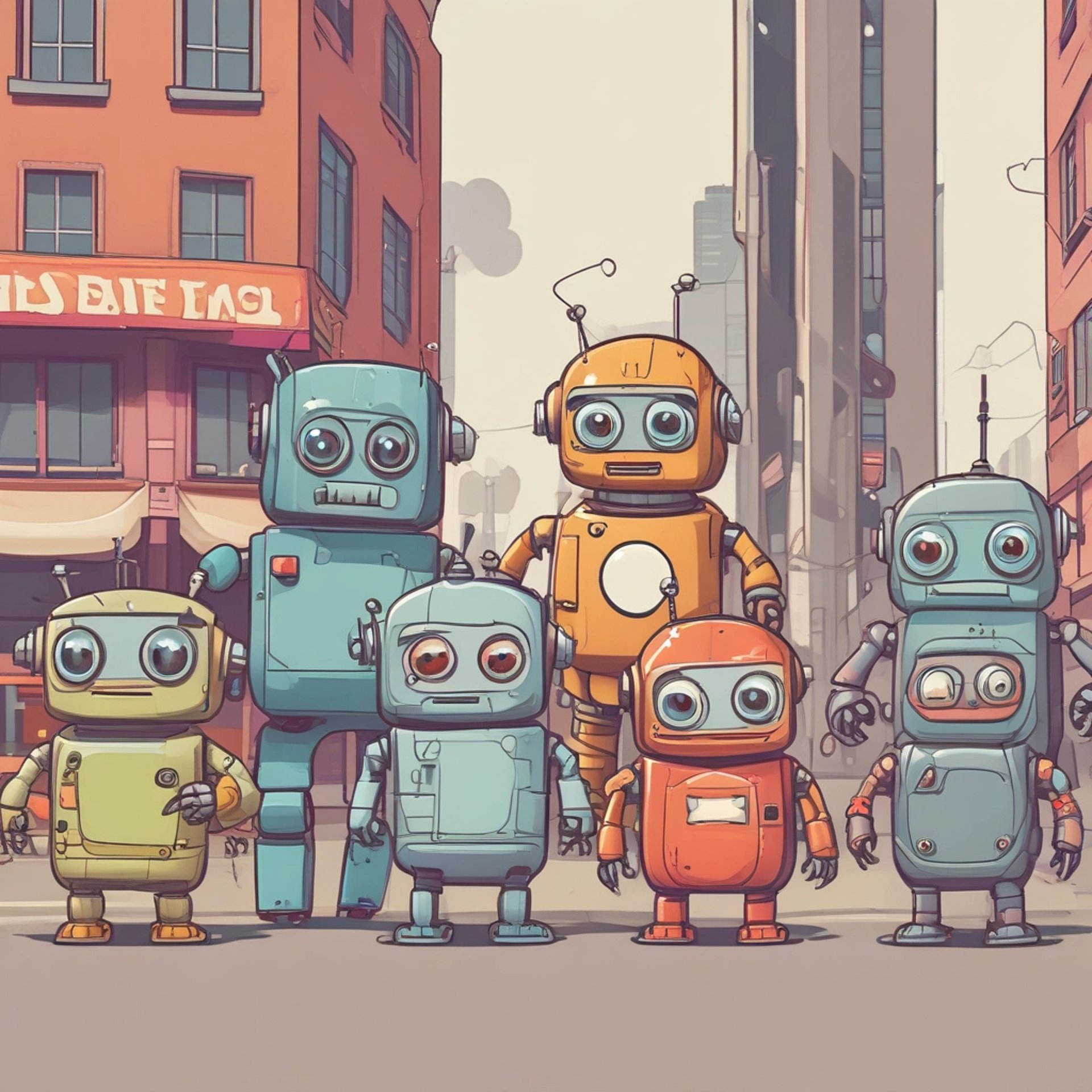The illusion of the neutral observer
A guest lecture triggers my memory of one of my first publications from 1991 - The illusion of the neutral observer. In an early stage this touches on topics that would come back many times - the social nature of emotions; the way how we might not just receive information from other people, but might be affected by them and their emotional displays; the limitations of trying to understand psychological processes only within the individual
AK
5/12/20231 min read


My thinking about emotions has been very much affected by my Ph.D. advisor at Dartmouth College, John Lanzetta. John was not only a Social Psychologist, but he had been an engineer before. He tended to see systems and how systems interact when looking at social psychology. This is an exciting and relevant thought when trying to understand emotions and what they do. As Social Neuroscience would emphasize a decade later - our brains are evidence that we are a profoundly social species.
Looking back at my early paper, I not only see some things that I would not fully agree with today and some mistakes but on the positive side a pointer towards something resonating again in my thoughts as I am dealing with interactions between humans and artificial systems. When we interact with humans or non-human entities, we are not just processing affective displays in the sense of finding a label but might be affected by them. Whether this relates to the Kindchenschema type faces of robots, or some stereotypical expressions - they might not just be symbols, but affecting us, whether we know it or not.
A few days ago, I had the pleasure of doing a guest session at a philosophical seminar at Ruhr-University of Bochum directed by Eva Weber-Guskar. The seminar deals with the philosophical aspects of affective computing, and my task was to answer some questions on affect detection the students might have. I used this context to provide a short overview of some of the critical challenges in the affective computing enterprise and, at some point, referred to what is, I believe, my first sole-authored paper (other than theses, of course). It is called The Illusion of the Neutral Observer and appeared in 1991 in Cahiers de Linguistique Française.

